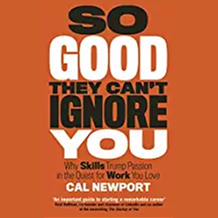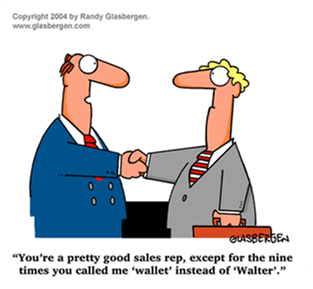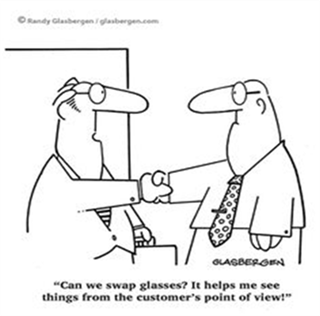When did the world get this way? Almost 60 years ago, to be exact. Difficult to believe? Consider this 3-line excerpt from a Harvard Business Review insight authored by a legendary management guru
“Every major industry was once a growth industry. But some that are riding a wave of growth enthusiasm are very much in the shadow of decline. Others which are thought of as seasoned growth industries have actually stopped growing”
What were those ‘shadow of decline’ and ‘growth stalled’ industries the guru was referring to? No, it wasn’t smart phones or petrol cars. When Theodore Levitt, wrote on Marketing Myopia in 1960, he was referring to both small businesses like dry cleaning, electric utilities and grocery stores and large industries like petroleum and rail roads.
Levitt, whose seminal contributions are ranked next only to venerated Peter Drucker, was astonishingly prescient when he wrote:
“Management must think of itself not as producing products but as providing Customer-creating value satisfactions. It must push this idea (and everything it means and requires) into every nook and cranny of the organisation. It has to do this continuously and with the kind of flair that excites and stimulates the people in it … In short, the organisation must learn to think of itself not as producing goods and services but as buying Customers as doing the things that will make people want to do business with it “
Levitt made a compelling case on how organisations that ignore this Customer centric focus set themselves up for disruption. “The classical example of this is the buggy whip industry” Levitt wrote “No amount of product improvement could stave off its death sentence. But had the industry defined itself as being in the transportation business rather than the buggy whip business, it might have survived … Even if it had only defined its business as providing a stimulant or a catalyst to an energy source, it might have survived by becoming a manufacturer of, say, fan belts or air cleaners”
The sales lesson? Become so totally Customer centric, that you spot changing trends in product usage or Customer needs early to adapt to possible disruptions and master them.
More than 50 years later, Prof Clayton Christensen of Harvard Business School added a powerful new perspective to Levitt’s insight. Christensen’s Jobs To Be Done (JTBD) theory urged businesses and sales people to be mindful of the ‘jobs’ for which Customers ‘hire’ products or services.
In a now oft-quoted example Christensen and his team pointed out that if majority Customers buy milkshakes mainly to make their long commutes less monotonous, improving the milkshake’s flavour or chunkiness isn’t going push up sales.
On the contrary, some other beverage or food that could make the commute feel better, say a doughnut or a bagel, could disrupt sales. And the real improvement to raise sales would be one that makes the milkshake even more worthwhile for the commuter Customer.
Want to keep disruption at bay and sell more? Go back to the sales wisdom of more than half a century ago. Get out of product orientation and become Customer oriented as Levitt urged. Customer-centricity doesn’t cut it any more. Try Customer obsessed!
Read Theodore Levitt’s classic of enduring wisdom here














